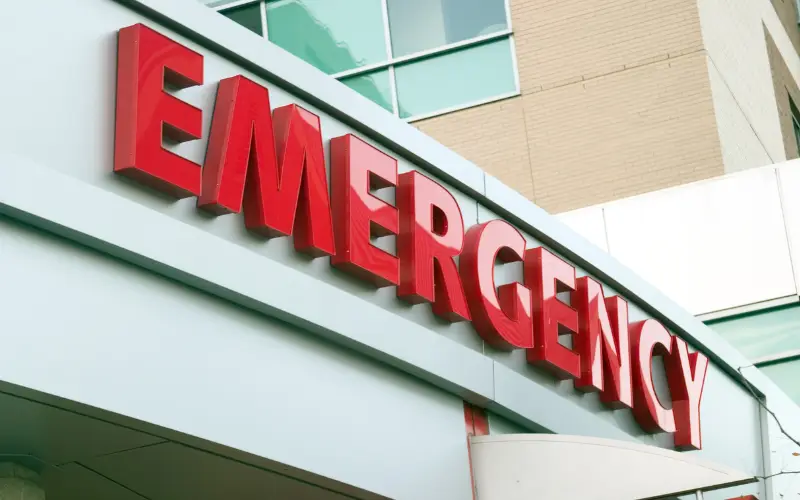Suicide is a Major Public Health Problem
In North Carolina
1,600+
4 deaths
3x
2.5x
Adults age 45-64
59% of
suicide deaths
$16 Billion+
The Mental
Health Crisis
The rise in deaths by suicides coincides with a dramatic rise in unmet mental health needs.
Crisis Services in North Carolina
128,385
45.5%
9,000+
Mental Health and Suicide Deaths in North Carolina3
7 out of 10 women had a current mental health problem

5 out of 10 men had a current mental health problem

Suicide Prevention Strategies Can Save Lives
Know How to Talk About Suicide
Many people who die by suicide tell someone about their suicidal intent. This is an opportunity to take action and get them help.
Men
- 27% disclosed intent
- 35% history of suicidal thoughts
Women
- 26% disclosed intent
- 42% history of suicidal thoughts
Practice Safe Storage of Firearms
Firearms are the most common weapon used in suicide deaths in North Carolina. Use safe storage practices to ensure that people cannot access firearms that are not their own.
- Use trigger locks, cable locks, lock boxes, and gun safes.
- Use locking devices in all residences: houses, condos, apartments, and trailers.
Practice Safe Storage of Firearms
When you safely store firearms, it keeps everyone safe any time a person sets foot in your residence.
- Family members
- Friends
- Neighbors
- Guests
- Service technicians
- Contractors
Practice Safe Storage of Medications
14% of suicide deaths from 2013-2022 are poisonings, which includes medications. Use safe storage and disposal practices to ensure that medications do not get misused.
- Use lock boxes, locking cabinets, or safes to store prescription medications.
- Only online medications in safe ways, such as drop boxes, drug take-back events, or disposal pouches.
Resources
Find guidance on suicide and suicide prevention, such as helpful overviews, fact sheets, data, and more.
Data Sources
- Centers for Disease Control and Prevention. Suicide Data and Statistics. Accessed April 1, 2025. https://www.cdc.gov/suicide/facts/data.html
- Substance Abuse and Mental Health Services Administration. (2024). Key substance use and mental health indicators in the United States: Results from the 2023 National Survey on Drug Use and Health (HHS Publication No.PEP24-07-021, NSDUH Series H-59). Center for Behavioral Health Statistics and Quality, Substance Abuse and Mental Health Services Administration. https://www.samhsa.gov/data/report/2023-nsduh-annual-national-report
- North Carolina Department of Health and Human Services. Suicide and Self-inflicted Injury Death and Morbidity in North Carolina, 2022. Accessed April 1, 2025. https://view.officeapps.live.com/op/view.aspx?src=https%3A%2F%2Finjuryfreenc.dph.ncdhhs.gov%2Fresources%2Fdocs%2FSuicide_SelfHarm_Core_Slides_PPT_Template_2022_NoLinks.pptx&wdOrigin=BROWSELINK
- North Carolina Department of Health and Human Services. North Carolina 988 Performance Dashboard. Accessed April 1, 2025. https://dashboards.ncdhhs.gov/t/DMHDDSAS/views/988PerformanceDashboard112022thru102023_17002346658920/988Dashboard?%3Aembed=y&%3AisGuestRedirectFromVizportal=y








